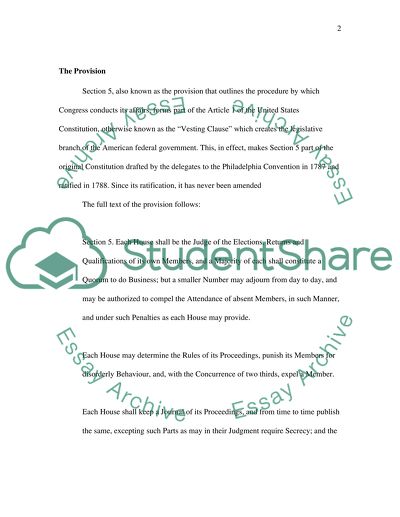Cite this document
(“Self-Policing Congress: Why and How Well Does it Do Article 1, Section Term Paper”, n.d.)
Retrieved from https://studentshare.org/environmental-studies/1419504-self-policing-congress-why-and-how-well-does-it-do
Retrieved from https://studentshare.org/environmental-studies/1419504-self-policing-congress-why-and-how-well-does-it-do
(Self-Policing Congress: Why and How Well Does It Do Article 1, Section Term Paper)
https://studentshare.org/environmental-studies/1419504-self-policing-congress-why-and-how-well-does-it-do.
https://studentshare.org/environmental-studies/1419504-self-policing-congress-why-and-how-well-does-it-do.
“Self-Policing Congress: Why and How Well Does It Do Article 1, Section Term Paper”, n.d. https://studentshare.org/environmental-studies/1419504-self-policing-congress-why-and-how-well-does-it-do.


